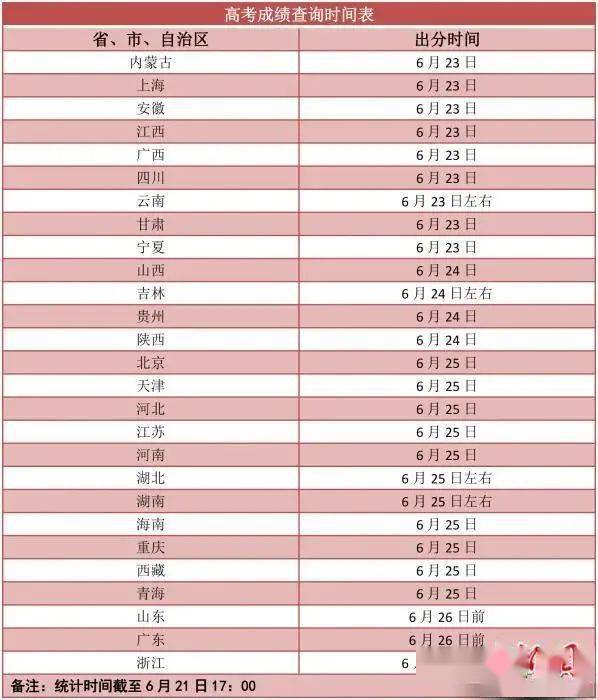
Produced | Sohu Health
Author | Wang Jing, Breast Center, Shunyi Women’s and Children’s Hospital, Beijing Children’s Hospital
Edit | Gao Binghui
More than two-fifths of new breast cancer patients in the world are in Asia, and nearly 40% of them are in China. Among various malignant tumors, the incidence of breast cancer is the highest among women in my country.
Breast is an important symbol of women’s feminine characteristics and beauty. It is mainly composed of lobules (glands that produce breast milk), ducts (the small tubes that carry breast milk from the lobules to the nipple), and matrix (fat tissue, ducts, connective tissues around the lobules, and blood vessels). , Lymphatic vessels). Under the siege of various carcinogenic factors, local tissue cells will proliferate. When the growth of these cells is no longer under control, tumors will occur.
So what factors will promote the production of cancer cells? Let me introduce you a professional term-“risk factors”. The so-called risk factors refer to any factors that may cause illness, but the presence of one or more risk factors does not necessarily mean illness.
The risk factors of breast cancer can be divided into two categories: “unchangeable risk factors” and “changeable risk factors”.
Unchangeable risk factors include gender, age, ethnicity, ethnicity, and family history of breast cancer. In addition to gender and age, family history of breast cancer is the most known risk factor associated with breast cancer: breast cancer in immediate family members The greater the number of people, the greater the risk; the younger the relatives at the time of diagnosis, the greater the risk. According to statistics, about 5%-10% of breast cancer patients are confirmed to be hereditary breast cancer, that is, the susceptibility of the tumor will be inherited through susceptibility genes. The most common hereditary breast cancer gene is the mutated BRCA1 or BRCA2 gene. .
Compared with the unalterable risk factors mentioned above, the changeable risk factors are mostly related to our personal daily habits or behaviors, such as alcoholism, long-term obesity, lack of exercise, not giving birth or breastfeeding, and long-term oral medications. Contraception, or having received hormone replacement therapy, etc., may increase the risk of breast cancer. Hormone replacement therapy (using estrogen and progesterone) has been used to relieve menopausal symptoms and prevent osteoporosis, but studies have found that combined use of estrogen and progesterone in postmenopausal women can increase the risk of breast cancer by 25%.
Research data also shows that breastfeeding can reduce the risk of breast cancer: breastfeeding every 12 months can reduce the risk of breast cancer by 4.3%. In addition, survey data also show that women who have never conceived or have their first child after the age of 30 are about twice as likely to develop breast cancer as women who have given birth before the age of 30.
Therefore, in order to avoid the occurrence of breast cancer, we can pay attention to weight control, a balanced diet, proper physical activity and physical exercise in daily life, and pay attention to relieve life pressure, control bad emotions, maintain a regular schedule, and let good health Living habits escort our health.






























































You must log in to post a comment.